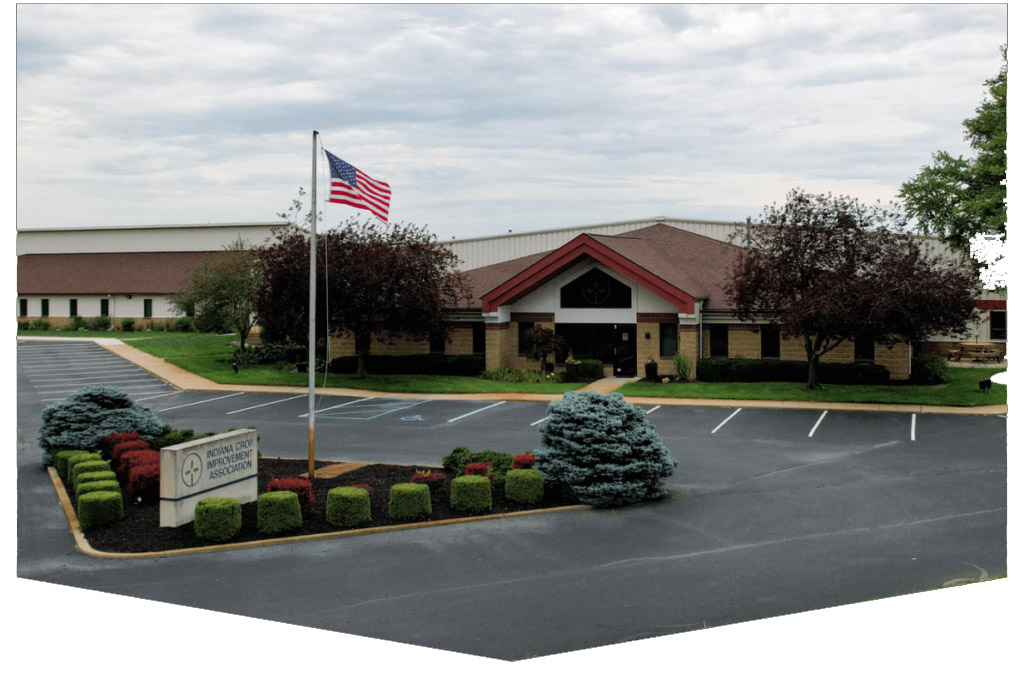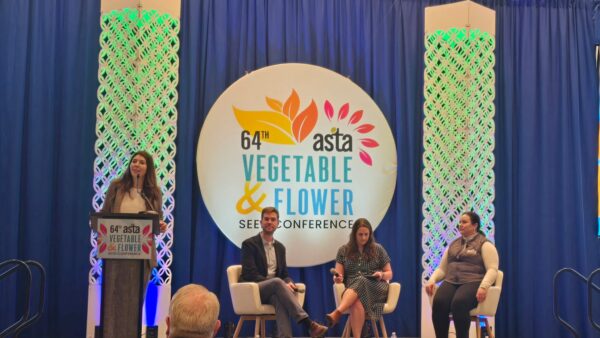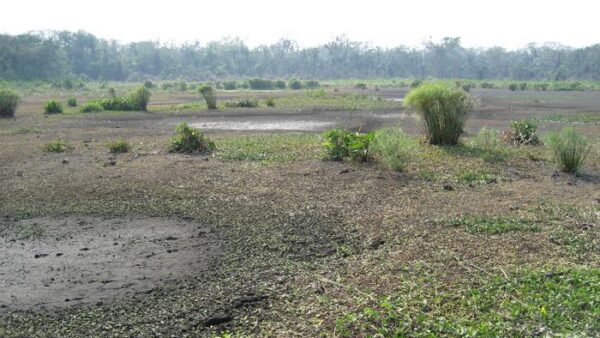Kansas State University is a partner on an international team that includes U.S. universities and national institutes in a new global crop improvement research program to advance plant breeding tools, technologies and methods aimed at delivering crops that can increase yields, enhance nutrition and have greater resistance to pests and diseases. The work will be through the new Feed the Future Innovation Lab for Crop Improvement.
The innovation lab will create an integrated research and delivery program with multidisciplinary expertise in advanced agricultural development, from plant breeding and machine learning to quantitative genetics and gender inclusion. The project will support and empower national breeding programs in East and West Africa, South Asia and Latin America and serve as a model for introducing advanced agricultural technologies at scale to countries around the world. The five-year, $25 million grant from the U.S. Agency for International Development, as part of the U.S. government’s Feed the Future initiative, was announced Oct. 16 at the World Food Prize in Des Moines.
Experts from Cornell University, Clemson University and Kansas State University, along with scientists at the U.S. Department of Agriculture, Makerere University in Uganda, Cultural Practice and RTI International, will initially collaborate with national agricultural institutions in Ghana, Haiti, Nepal, Senegal and Uganda to accelerate the breeding of locally and regionally adapted crop varieties targeted to smallholder farmers. The Innovation Lab for Crop Improvement will be a catalyst for delivering improved tools, technologies and methods for breeding crops such as legumes, roots, sorghum and millet, with the potential to expand to a variety of staple crops in other countries.
The Innovation Lab for Crop Improvement is under the direction of Stephen Kresovich, professor of plant and environmental sciences at Clemson University. Kansas State University’s Jesse Poland, associate professor of plant pathology, will serve as one of the new lab’s phenomics program leads, and Geoff Morris, associate professor of agronomy, will serve as the lab’s trait discovery program lead.
“We are in a critical point in history where booming population growth, climate change and other environmental factors are exposing threats of global food insecurity at an unprecedented scale,” Kresovich says. “Improved varieties of key food crops are one of the surest avenues to reducing risks from economic, environmental and climatic shocks for millions of people in vulnerable and resource-poor populations.”
“The improvement of crop varieties is happening at a rate of about 1% per year around the world. This is good progress, but we need to see a rate of gain above 2% per year to keep pace with increasing global population demand,” Poland says. “Here at K-State, we will be partnering with national programs to help implement rigorous scientific inquiry to address the constraints of crop productivity.”
Currently, plant breeders at national agricultural research institutions develop locally adopted crops using breeding lines first created by scientists in that country and in coordination with the international coalition of food security research programs known as Consultative Group for International Agricultural Research centers. National institutions are positioned to address product profiles, market demand and environmental factors through the development of new varieties, but these programs are often underfunded and lack access to critical tools, technologies and methods needed to increase useful genetic diversity in crops and introduce varieties that advance economic growth, climate resilience and nutritional development goals.
“One the biggest challenges is that many imported technologies seem promising but never make it to farmers’ fields,” Morris says. “The Innovation Lab for Crop Improvement philosophy starts by learning from smallholders and national scientists — then working together to develop and test new technologies. The true innovations will be driven by national scientists and their farmer cooperators.”
The Innovation Lab for Crop Improvement will work with national agricultural research institutions to gain access to advanced tools, technologies and methods with the potential to accelerate development of crop varieties. Genomic resources allowing for the rapid discovery of novel plant traits will be combined with data-based simulations and optimization techniques to increase the efficiency of plant trait selection, breeding and varietal release. By building capacity and commitment through targeted investments in national programs and collaboration with scientists at top U.S. land-grant universities, the Innovation Lab for Crop Improvement anticipates quick gains in productivity, quality and climate resiliency and reductions in poverty, gender inequality and undernutrition. Competitive research grants provided by the lab will encourage innovation and unlock opportunities for in-country scientists. The ambitious project has the potential to improve staple crops consumed by millions while also addressing vexing challenges like youth involvement, nutrition and food safety in developing countries.
Along with its partnership in the Innovation Lab for Crop Improvement, Kansas State University is home to four Feed the Future Innovation Labs: Innovation Lab for Applied Wheat Genomics, Innovation Lab for Collaborative Research on Sorghum and Millet, Innovation Lab for Reduction of Post-Harvest Loss and Innovation Lab for Sustainable Intensification.













